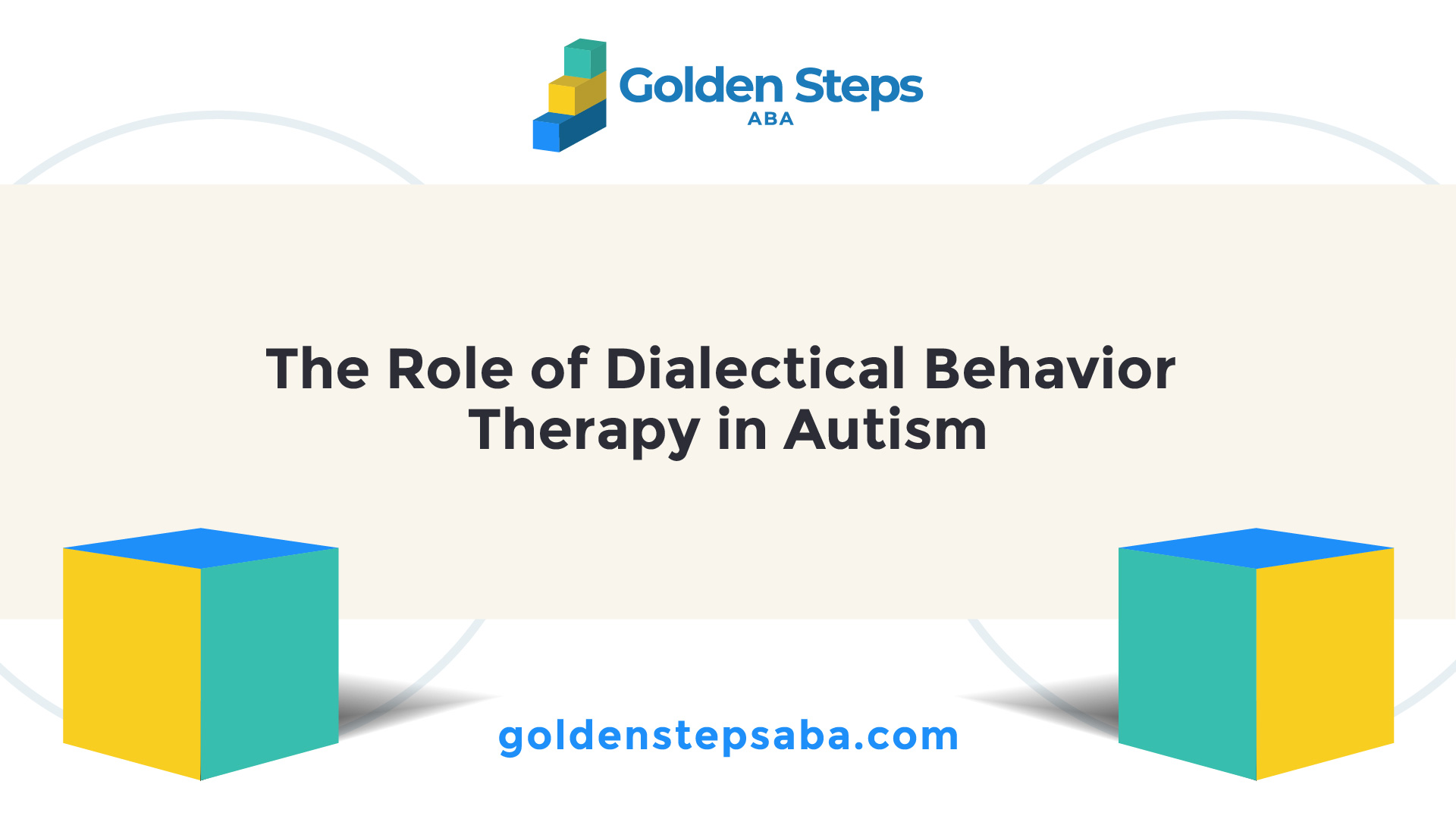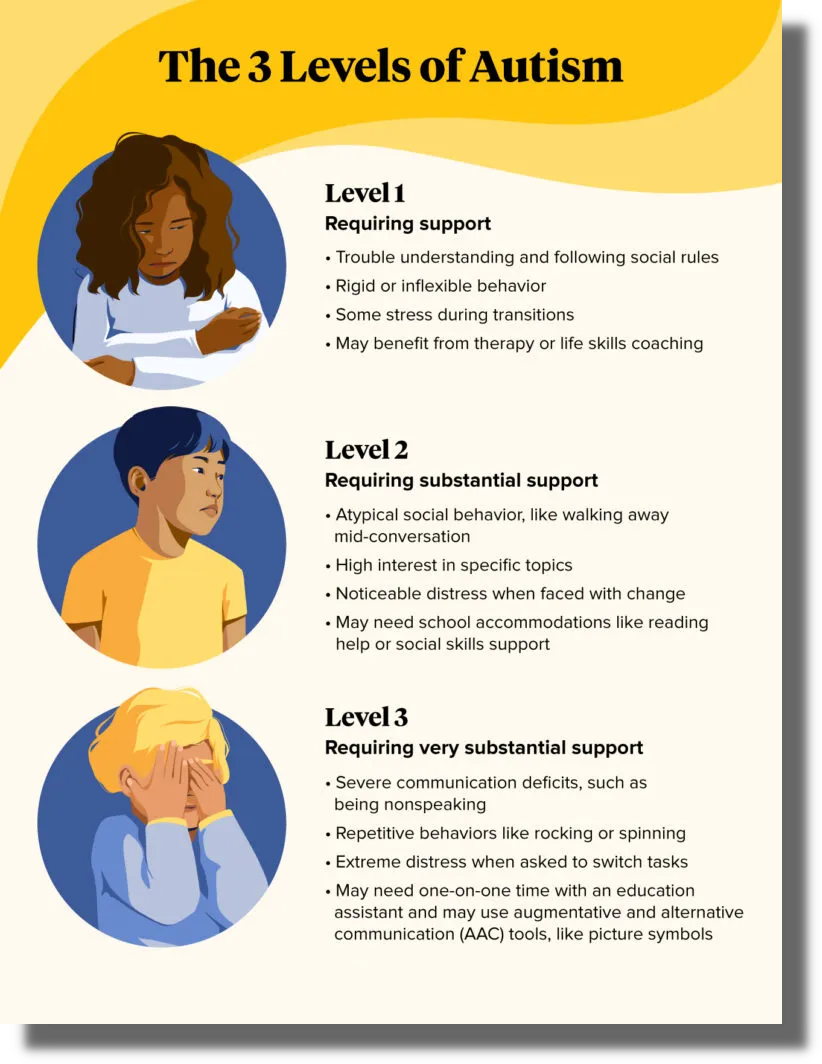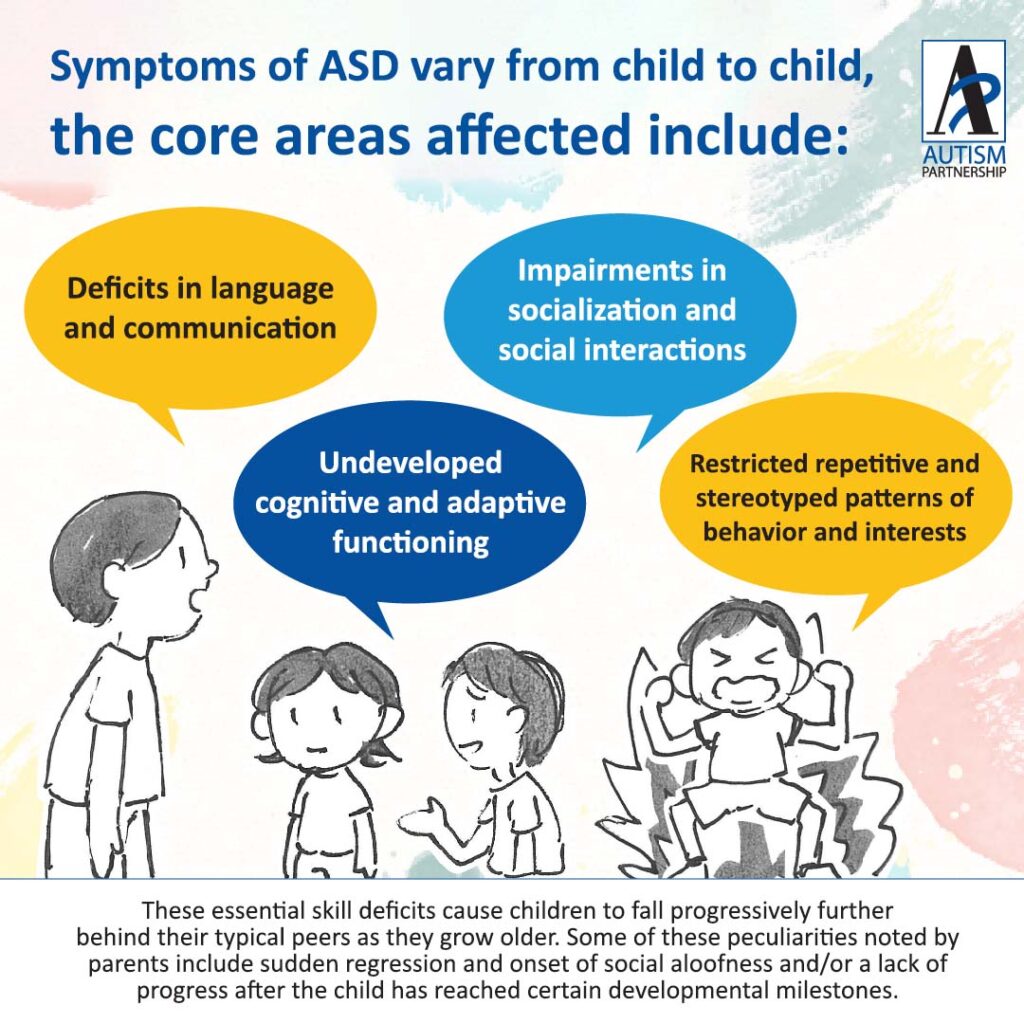Secret Indicators and Symptoms to Acknowledge in People With Behavior Autism
When you run into a person with behavioral autism, recognizing vital indicators and signs is important. Additionally, sensory level of sensitivities can lead to overwhelming experiences.
Challenges in Social Communications
When you engage with someone on the autism range, you may see they battle with social cues and interaction. These difficulties can make social interactions feel frustrating for them. You might see them avoiding eye get in touch with or standing too close or also away throughout conversations, which can create misconceptions. They might not detect body language or faces, making it harder for them to determine exactly how others are really feeling.
When they do involve, they could speak regarding their interests in great information without seeing if you're interested. Understanding these challenges can help you approach communications with empathy and patience, fostering an extra comfy atmosphere for both of you.
Trouble With Verbal and Non-Verbal Interaction

Non-verbal communication can be a lot more tough. You might see a lack of eye contact or minimal use of gestures, which can make communications feel awkward. Face expressions might not always line up with the discussion, bring about complication concerning their feelings. Acknowledging these indicators is necessary, as it assists you much better support and engage with people on the autism range. By comprehending their interaction challenges, you can promote a lot more significant connections and give a more encouraging atmosphere.
Recurring Actions and Routines
Communication obstacles commonly go along with other indicators of autism, such as repeated actions and a strong preference for regimens. You might discover that individuals with autism usually take part in particular, repeated actions, like hand-flapping, shaking, or repeating expressions. These actions can provide convenience and a sense of control in an usually frustrating globe.
Routines are just as important; lots of people thrive when they follow a structured timetable. You may discover that adjustments to these routines can lead to considerable distress. For instance, if they have a day-to-day ritual of eating breakfast at a specific time or following a specific course to school, any disruption can create anxiousness.
Acknowledging these patterns aids you understand their habits and supply support. By fitting their requirement for routine and permitting repeated actions, you can develop an extra comfy setting that alleviates their obstacles.
Sensory Sensitivities

Common Sensory Triggers
Sensory level of sensitivities can considerably influence everyday life for individuals with autism, as particular stimuli commonly activate overwhelming responses. Usual sensory triggers include loud sounds, brilliant lights, and strong smells. Recognizing these triggers can assist you manage your atmosphere much better.
Behavior Feedbacks Discussed
Understanding your behavioral reactions to sensory sensitivities is important, as they typically reveal how you connect with the world. You might additionally locate yourself looking for certain sensory experiences, like deep stress or peaceful environments, to assist ground yourself. Identifying these patterns helps you comprehend your demands far better and can lead exactly how you interact them to others.
Coping Methods Overview
Acknowledging your sensory level of sensitivities is just the primary step; now it's time to explore coping techniques that can assist you handle those experiences properly. Begin by developing a sensory toolkit customized to your demands. This might include noise-canceling headphones, fidget playthings, or calming scents. Establishing an organized regimen can also supply predictability, reducing stress and anxiety around sensory overload. Take breaks in a quiet space to regroup when you feel overloaded. Practicing mindfulness techniques such as deep breathing can assist ground you in the moment. Furthermore, interact your requirements with those around you; content having encouraging loved ones can make a significant difference. Bear in mind, locating what works finest for you may take some time, so be open and patient to trying brand-new methods.
Restricted Interests and Emphasis
While several people establish a vast array of interests, those with autism commonly demonstrate restricted rate of interests and an intense emphasis on certain topics. You might observe that someone with autism can spend hours go to this site diving into their favored topic, whether it's a specific type of train, a certain film, or a clinical idea. This intense emphasis isn't just a hobby; it can become a central part of their identity and social communications.
You may find that discussions revolve around these interests, and they may struggle to take part in broader subjects. For them, these focused interests supply convenience and a sense of mastery. While it is necessary to motivate exploration of new topics, appreciating their enthusiasms is similarly important. By understanding and recognizing these restricted interests, you can foster an encouraging environment where they really feel valued and recognized, enabling more significant links and interactions.
Emotional Regulation Troubles
People with autism typically face challenges in emotional law, which can be affected by their extreme emphasis on specific rate of interests. You may discover that when a person is deeply taken part in a favored activity, they can experience strong feelings, whether enjoyment or irritation. When points don't go as prepared., this intensity often makes it tough for them to shift equipments or handle their sensations - Autism Therapist.

Variability in Developmental Milestones
When it comes to developmental landmarks, you'll discover that individuals with autism typically reveal a broad array of variability. You might see a youngster succeed in language skills but battle with social interactions.
It's necessary to acknowledge that each person's trip is distinct. Observing these patterns can aid you understand their toughness and needs much better.
Often Asked Questions
Exactly How Is Autism Identified in Children and Adults?
To detect autism in adults click for more info and kids, professionals assess behavior, communication abilities, and social communications. If a specific fulfills the requirements for autism range disorder., they usually make use of standardized tests, interviews, and monitorings to determine.
Exist Different Types of Autism Spectrum Disorders?
Yes, there are different types of autism spectrum disorders, consisting of Asperger's disorder and pervasive developmental disorder-not otherwise defined. Each type differs in seriousness and qualities, so understanding these distinctions can assist you far better support people with autism.
What Treatments Are Effective for Individuals With Autism?
When thinking about effective treatments for individuals with autism, you'll locate choices like Applied Behavior Analysis, speech therapy, and occupational treatment. Each technique can help improve communication, social skills, and everyday functioning tailored to individual needs.
Can Individuals With Autism Lead Independent Lives?
Yes, people with autism can lead independent lives. With the ideal support, skills training, and resources, you can assist them develop self-sufficiency, manage everyday jobs, and grow in numerous settings, cultivating their self-reliance.
Exactly How Can Family Members Support Enjoyed Ones With Autism?
You can sustain your loved ones with autism by producing a structured setting, encouraging their rate of interests, practicing persistence, fostering interaction, and promoting social skills. Celebrate their accomplishments, despite how little, and build a helpful area.
Although several individuals on the autism range can use and understand language, they frequently face considerable obstacles with both verbal and non-verbal communication. Acknowledging these indicators is important, as it assists you better assistance and involve with people on the autism spectrum. You may see that people with autism typically engage in particular, repeated activities, like hand-flapping, shaking, or duplicating phrases.Sensory sensitivities can considerably influence everyday life for individuals with autism, as certain stimuli frequently trigger frustrating responses.When it comes to developmental milestones, you'll see that individuals with autism frequently reveal a vast variety of variability.